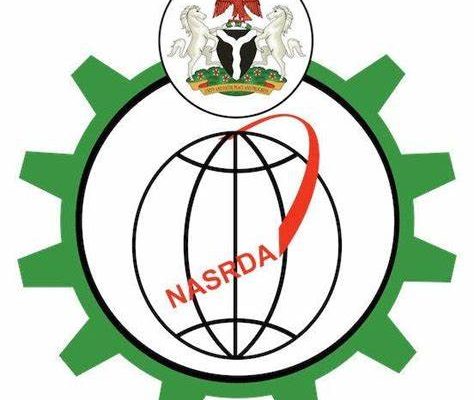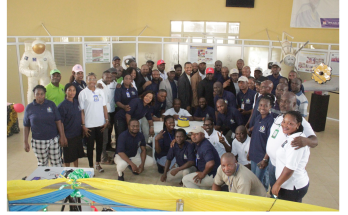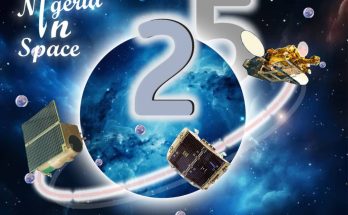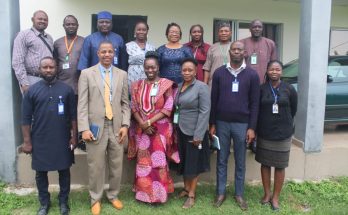The United States’ Georgia State University (GSU) and the National Space Research and Development Agency (NASRDA) have partnered to advance research on space weather, climate change, and cosmic rays.
The National Space Research and Development Agency (NASRDA) has embarked on a collaborative venture with Georgia State University (GSU), USA, aimed at delving deeper into the realms of cosmic rays, space weather, and climate change. This partnership was solidified during a meeting between Prof. He Xiaochun, Director of Physics and Astronomy at GSU, and Dr. Halilu Shaba, the Director-General of NASRDA, held in Abuja on Friday.
During the discussion, Prof. Xiaochun unveiled a Cosmic Ray Muon Detector developed by GSU, which has already been operational and capable of accurately measuring cosmic rays. Emphasizing the necessity of a global collaborative effort in climate change research, Xiaochun highlighted how the device would significantly bolster the real-time study of space and earth weather.
He further elucidated on the detector’s capability to monitor radiation fluctuations stemming from solar activities and atmospheric interactions with human environments. Beyond its deployment in the U.S., Sri Lanka, Columbia, and Singapore, Prof. Xiaochun expressed particular interest in Nigeria due to its distinctive landscape and continental weather dynamics.
In response, Dr. Shaba affirmed NASRDA’s commitment to leveraging the detector to furnish the government and interested stakeholders with quality information. He also underscored NASRDA’s dedication to encouraging young scientists across the nation to partake in cosmic rays and space weather research, citing Nigeria’s imperative role in mitigating climate change effects.
Prof. Babatunde Rabiu, Director of the UN-African Regional Centre for Space Science and Technology Education in English (UN-ARCSSTEE), emphasized the collaborative initiative’s potential to enhance Nigerian capacity building.
“This collaboration promises to fortify our capacity-building efforts, with Nigerians poised to benefit significantly from associated programs,” he noted. Read more>>




